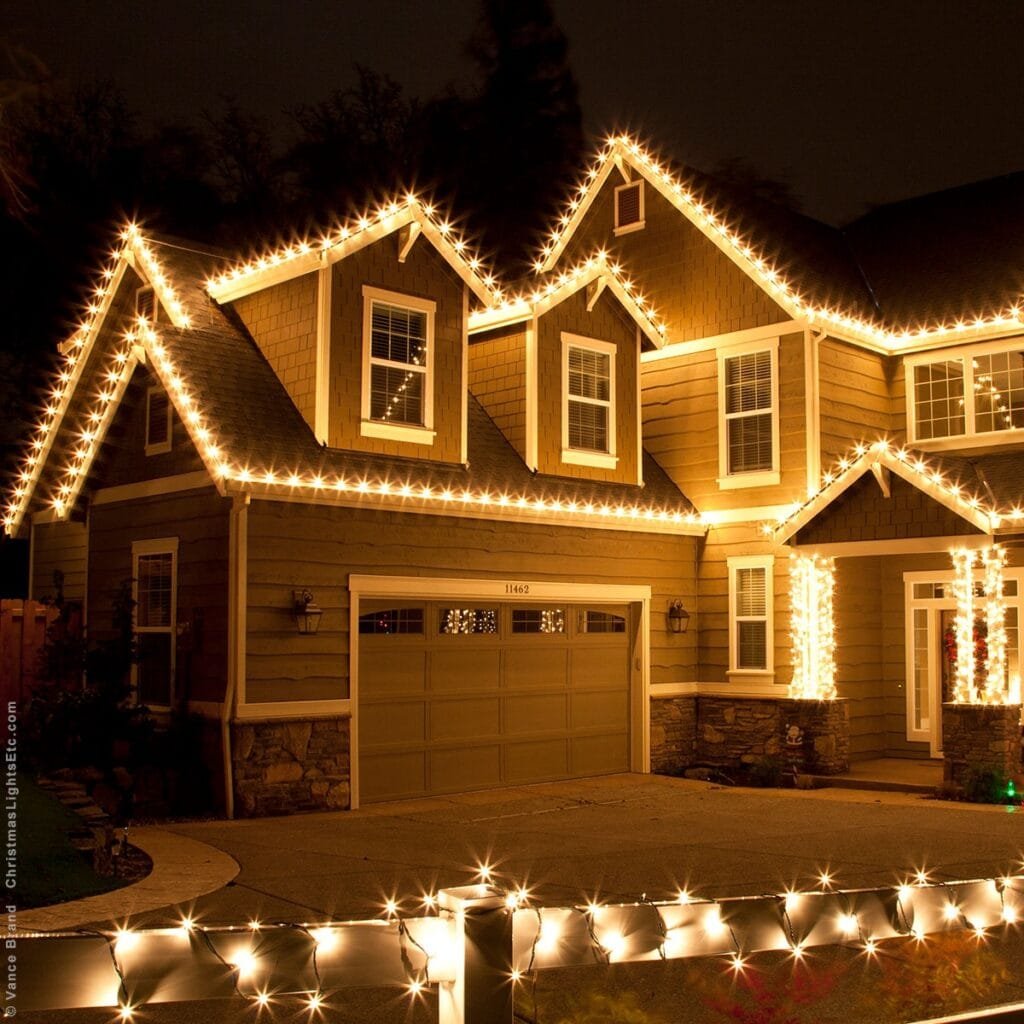Solar lights are a great, eco-friendly way to light up your garden and outdoor spaces. But what happens when they stop working after just a year? Many homeowners face the frustrating issue of solar lights malfunctioning, and it can feel like their investment is wasted. Fortunately, there are simple reasons behind this problem, and fixing solar lights is often easier than you might think.

Several factors can cause solar lights to stop working after a year, including battery deterioration, damaged solar panels, and faulty wiring connections. Over time, the small batteries in solar lights may lose their ability to hold a charge. Additionally, dust and dirt can block solar panels from charging effectively. Regular maintenance and proper installation can prevent these issues, extending the lifespan of your solar lights.
Now that we know why solar lights may stop working, let’s explore the common issues and how you can troubleshoot and fix them to restore your outdoor lighting.
How Do I Get My Solar Lights to Work Again?
When your solar lights stop working, the first thing to check is the placement. Are they getting enough sunlight during the day? Solar panels need direct sunlight to charge the battery effectively. If the solar panel is dirty or blocked by debris, it won’t be able to charge the battery properly, leaving your lights dim or unlit at night.
Tip: Clean the solar panel regularly and ensure that it’s not in the shade of trees or other obstructions.
Why Do Solar Lights Only Last a Year?
Solar lights can last a year or more, but many factors contribute to their limited lifespan. One major issue is the small battery inside each light. Over time, the battery degrades, reducing its ability to store energy. Additionally, in winter months, the reduced sunlight and longer nights make it harder for solar lights to store enough energy, leading to premature failure.
Pro Tip: If your lights only last for a few hours at night, it could be due to a weak or old battery. Consider replacing it to extend the life of your solar light.
Is It Worth Replacing Batteries in Solar Lights?
Most solar lights use nickel-metal hydride (NiMh) batteries, which tend to lose their charge over time. Solar lights typically last between 1 to 2 years before the battery begins to fail. While replacing the battery is relatively easy, it’s important to weigh the costs. If the rest of the light is still in good condition, replacing the battery might be worthwhile. However, if the lights are older, you might want to invest in new ones.
Quick Tip: Replace your solar light batteries with high-quality NiMh batteries that can hold a charge for longer periods.
How Long Should Solar Lights Last?
On average, solar lights last anywhere from 2 to 5 years. Factors that influence their lifespan include the quality of the solar panel, the type of battery used, and how much sunlight the lights receive. With regular care and maintenance, your solar lights can last closer to the 5-year mark. Bringing them indoors during harsh weather conditions or winter can also help extend their life.
Did You Know? Bringing your solar lights inside during extreme weather or off-seasons can help protect the components and keep them working longer.
Why Do Solar Lights Stop Working After a Year?
Solar lights can stop working after a year due to several reasons. The most common is battery deterioration, where the battery loses its ability to hold a charge. Additionally, damage to solar panels from dirt or physical harm can prevent them from absorbing sunlight effectively. Finally, faulty wiring connections inside the light can result in electrical failure, causing the light to stop functioning altogether.
Take Action: Regularly check for damage and clean both the solar panel and light sensor to ensure maximum efficiency.
Why Are My Brand New Solar Lights Not Working?
It’s frustrating when your new solar lights don’t work right out of the box. The most common reason for this is poor placement. If the lights aren’t positioned in an area with sufficient sunlight, they won’t charge properly. Additionally, some new solar lights come with a protective tab in the battery compartment that needs to be removed before use. Ensure you’ve checked the instructions and removed any protective covers.
Pro Tip: Place your lights in an area with direct sunlight for at least 6 hours a day, and always check that the protective tab is removed.
Fixing Solar Lights with Nail Polish: Is This a Real Solution?
Believe it or not, some DIY enthusiasts recommend using nail polish to fix solar lights. The idea is to apply clear nail polish to cracked lenses or solar panels to prevent further damage. While this may work temporarily, it’s not a long-term solution. For better results, replace any broken parts or opt for a more durable solution designed for outdoor use.
Caution: Use this method only as a temporary fix until you can properly repair or replace the damaged components.
Solar Lights Not Working at Night: Causes and Fixes
If your solar lights are not working at night, the most likely issue is the battery. Solar lights rely on batteries to store energy for use after dark. If the battery is weak or dead, the lights won’t function properly. Also, ensure that the solar panel is clean and not obstructed, as dust and dirt can significantly reduce charging capacity.
Quick Fix: Replace the battery or clean the solar panel to see immediate improvements.
Solar Lights Not Working After Rain: What to Do?
Many solar lights are built to withstand rain, but excessive moisture or poor sealing can cause internal damage. If your lights stop working after heavy rainfall, it might be due to water damage. Check for any signs of moisture inside the battery compartment or damage to the solar panel.
Tip: If water has entered the unit, dry it out completely before replacing the battery or turning the light back on. Consider using weather-resistant solar lights for better durability in rainy conditions.
Summary:
Solar lights are a great addition to any outdoor space, but when they stop working, it can be frustrating. Understanding the common causes—such as battery issues, solar panel damage, and improper placement—can help you troubleshoot effectively. With regular maintenance and proper care, your solar lights can last longer and brighten up your garden year after year. If you’re facing issues with your solar lights, try replacing the battery, cleaning the panels, and ensuring proper placement to keep them working like new.
